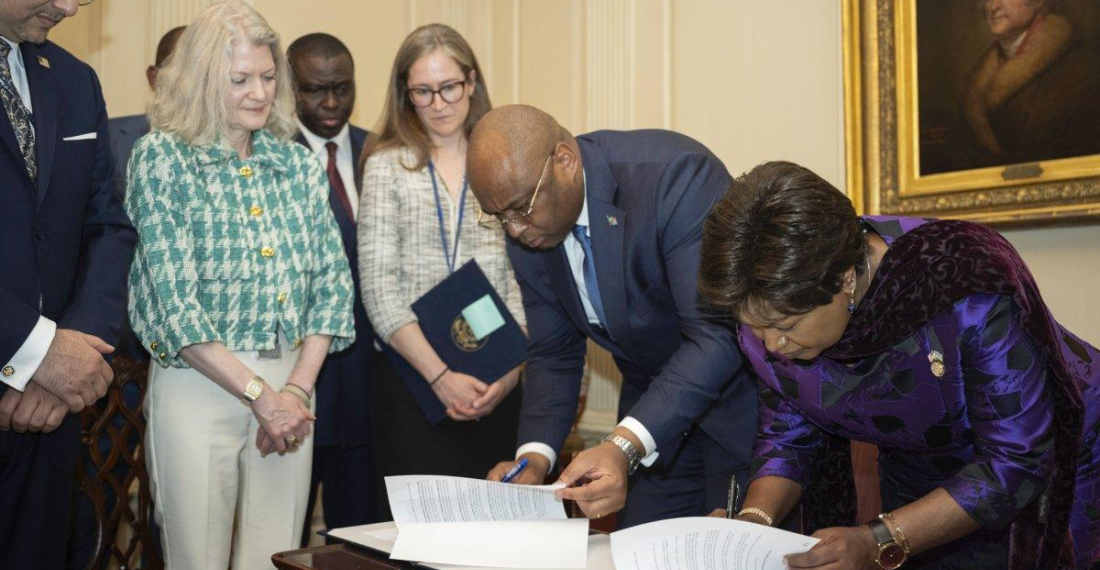The Democratic Republic of Congo (DRC) and Rwanda are set to sign a peace agreement on 27 June in Washington, following months of negotiations brokered by the United States. The deal aims to bring an end to renewed fighting in eastern Congo, where tensions between the two countries have escalated over the presence of armed groups and cross-border military operations.
According to officials, technical teams from both countries have already initialled the draft agreement. It includes commitments to respect territorial integrity, implement a ceasefire, withdraw foreign troops, and end support for armed groups such as the M23 rebel movement. The agreement also outlines the disarmament and possible integration of non-state armed actors, the creation of a joint security mechanism, and support for the return of displaced persons and refugees.
The conflict has intensified over recent months, with the M23, an alleged Congolese Rwandan-backed rebel paramilitary group, seizing key towns in North and South Kivu, an area within the DRC, bordering Rwanda. The Congolese government has long accused Rwanda of backing the rebels, a charge Kigali has denied. Despite previous peace efforts, violence has continued to displace hundreds of thousands of civilians and destabilise the area.
The formal signing will bring together Congolese President Félix Tshisekedi and Rwandan President Paul Kagame in Washington. While the agreement is seen as a diplomatic breakthrough, observers caution that its success will depend on concrete implementation, sustained international support, and long-term political will from both sides.







